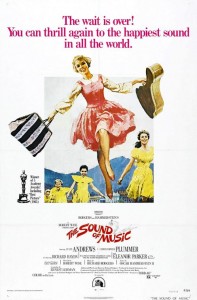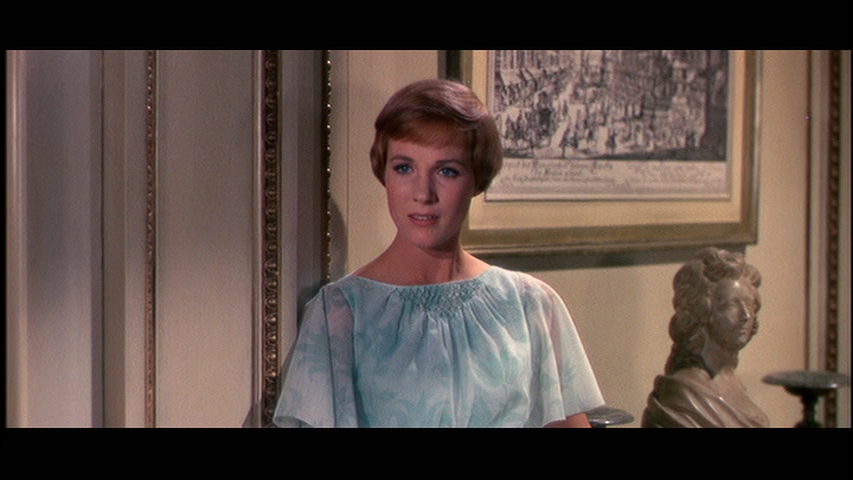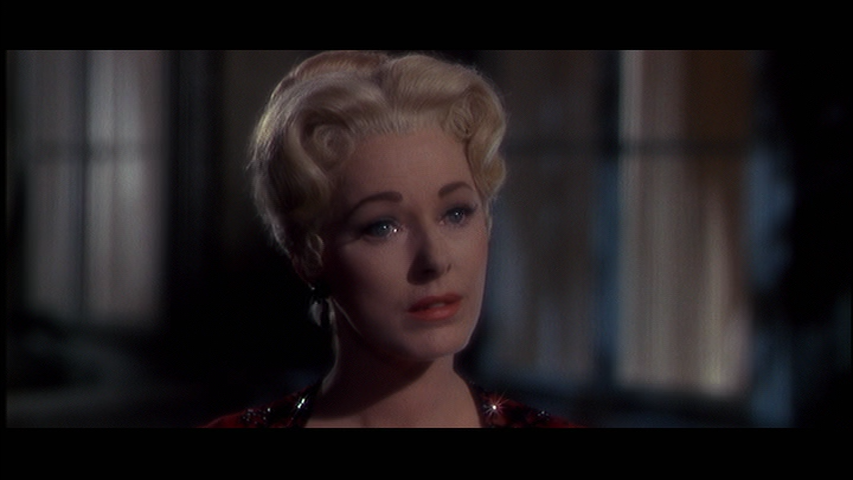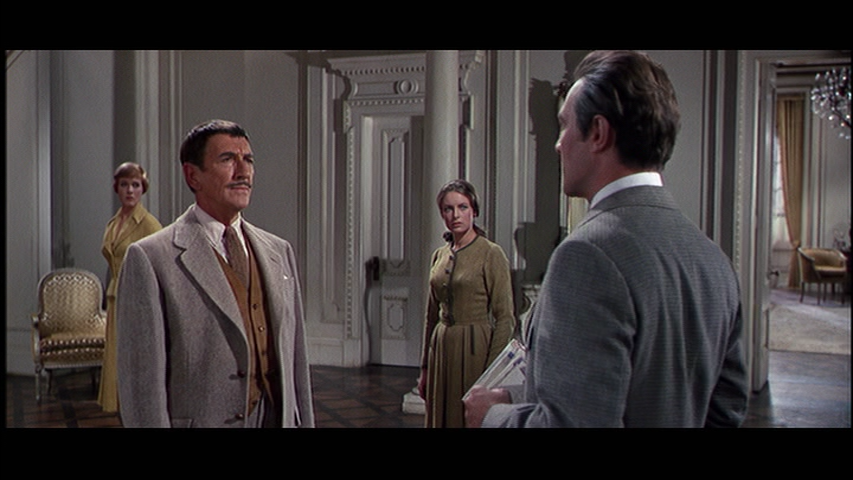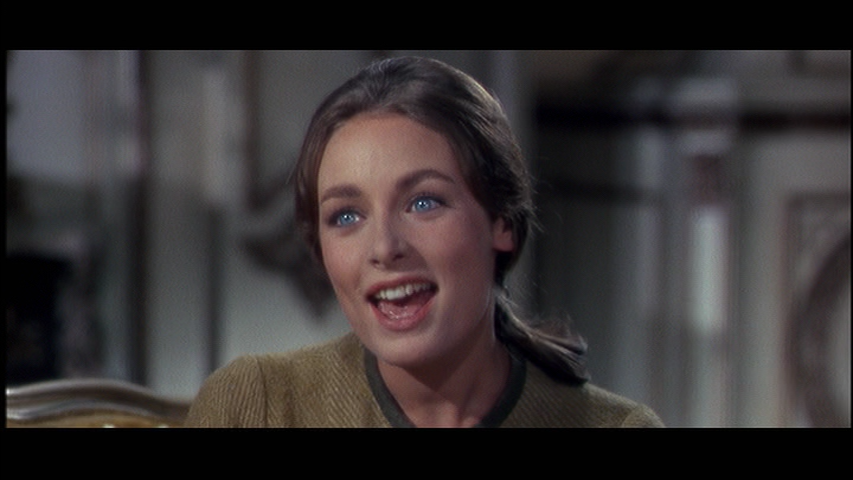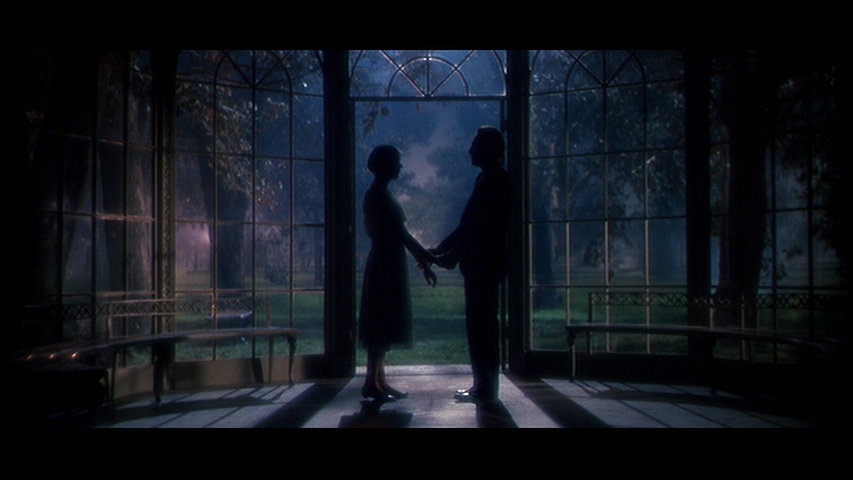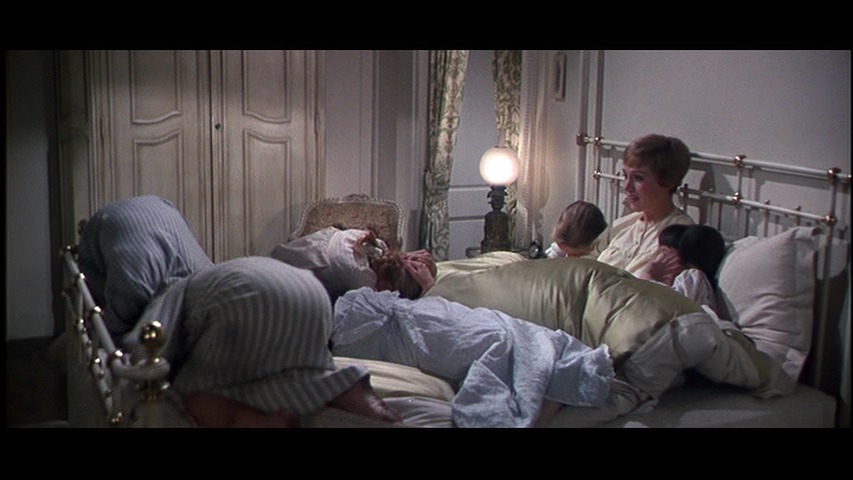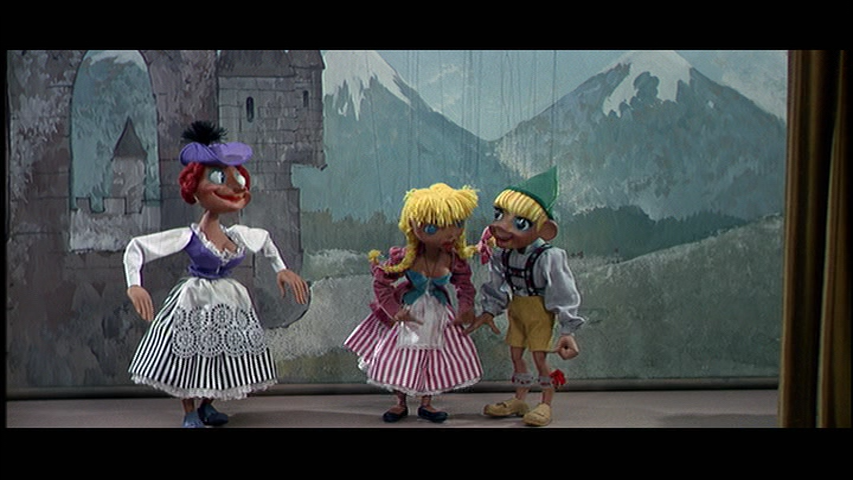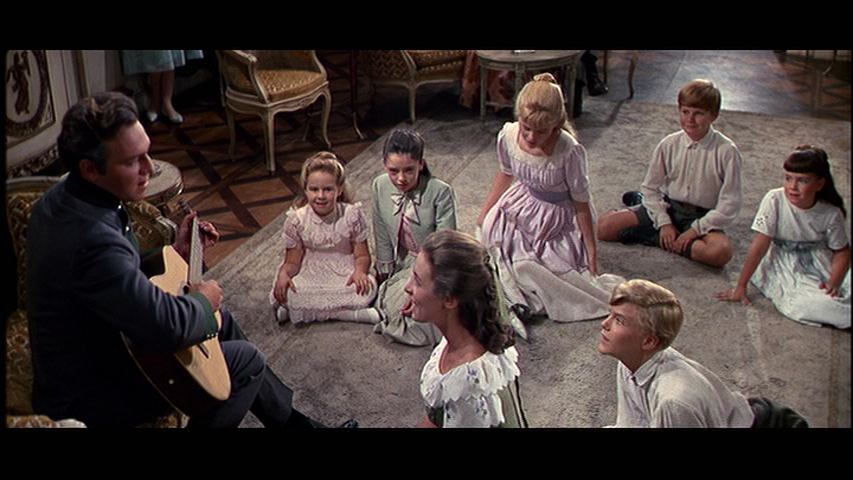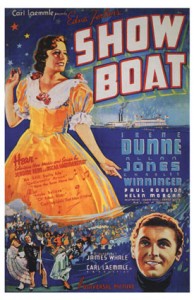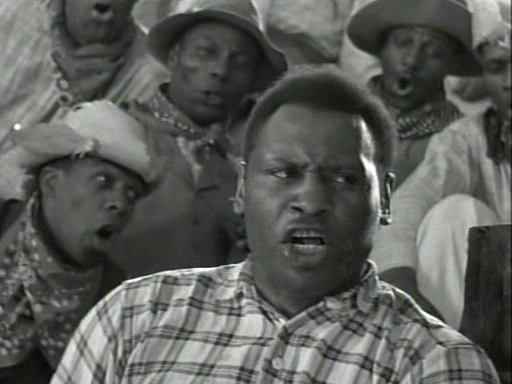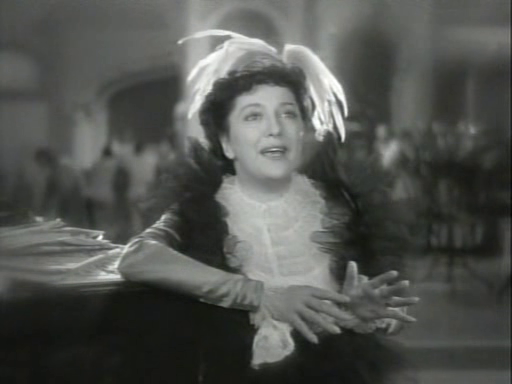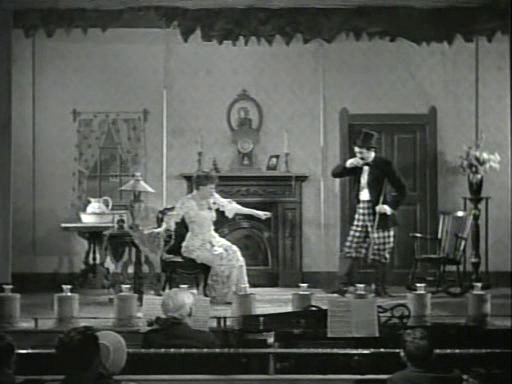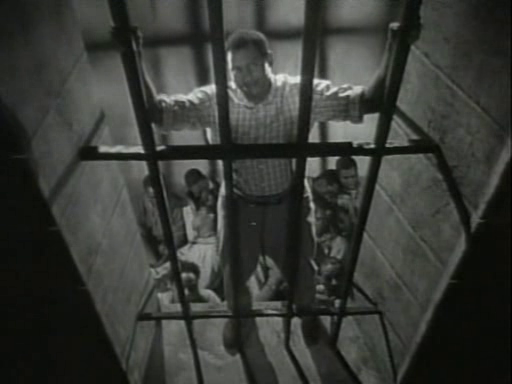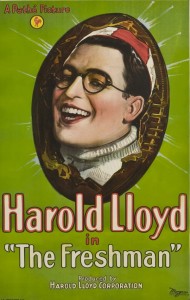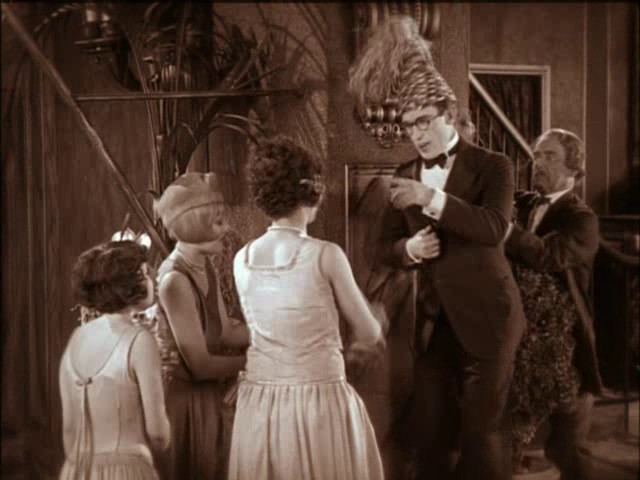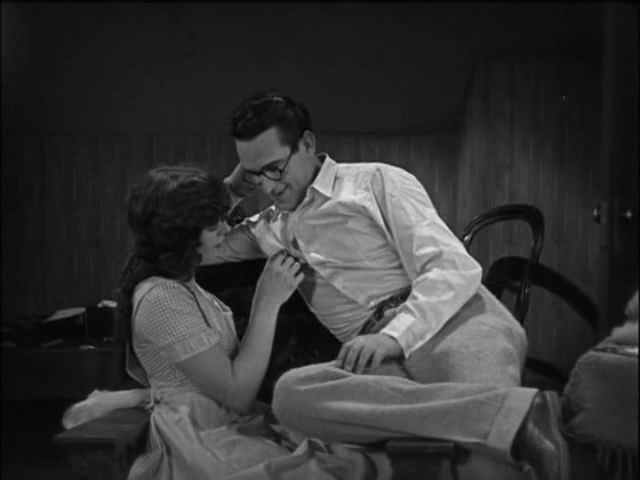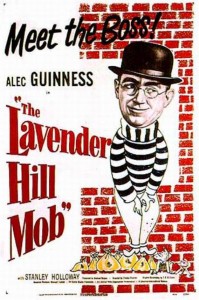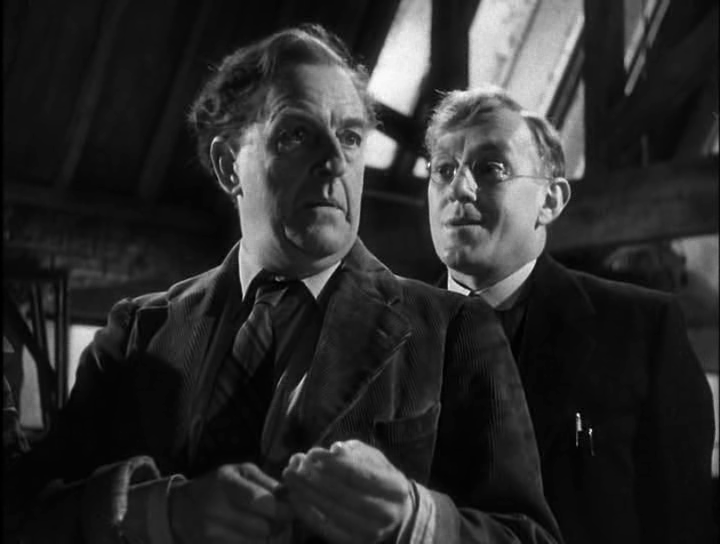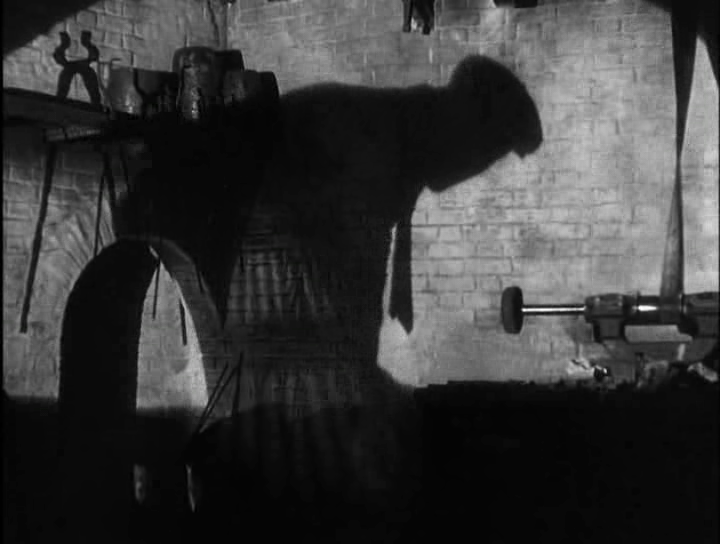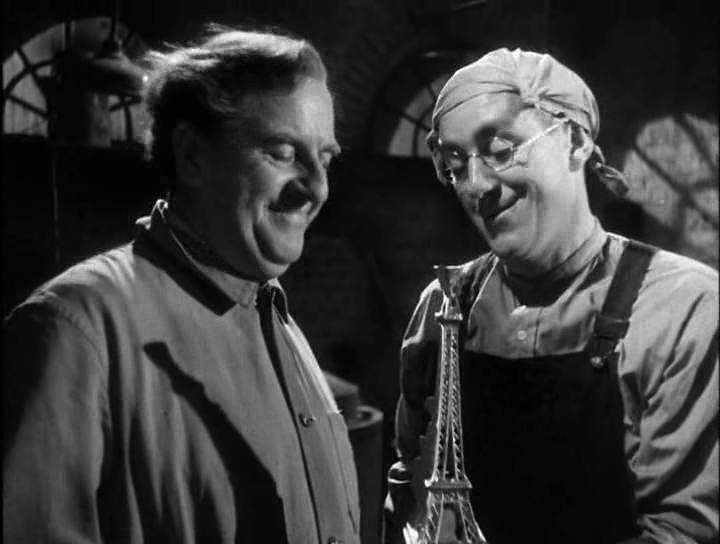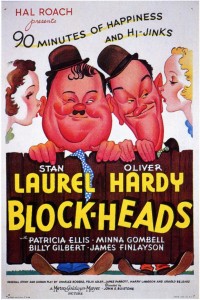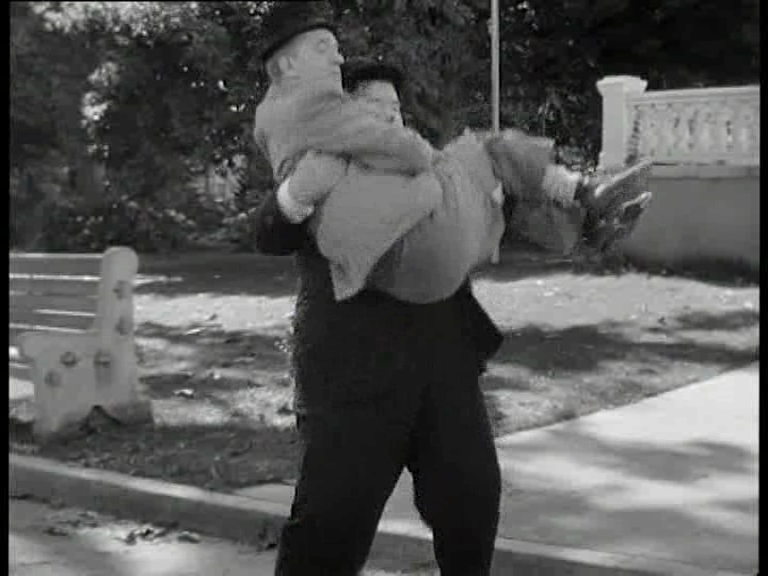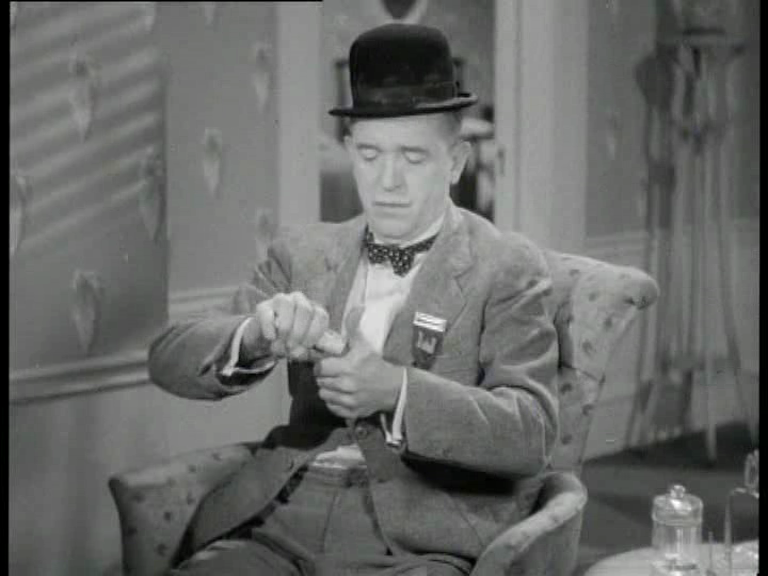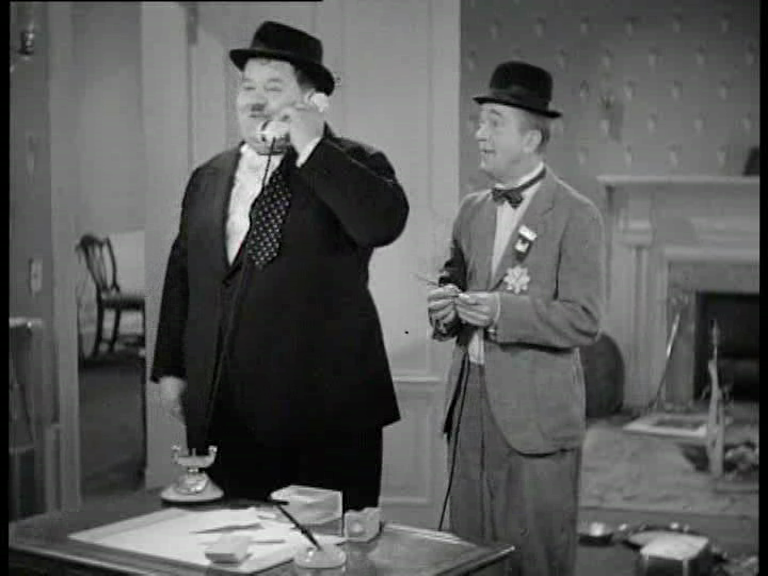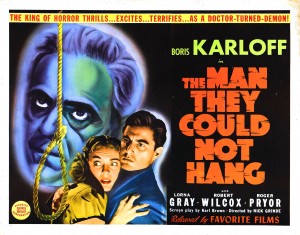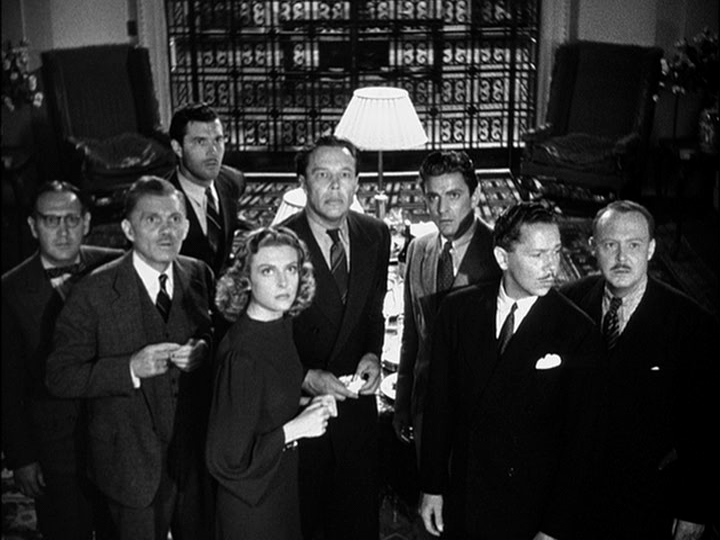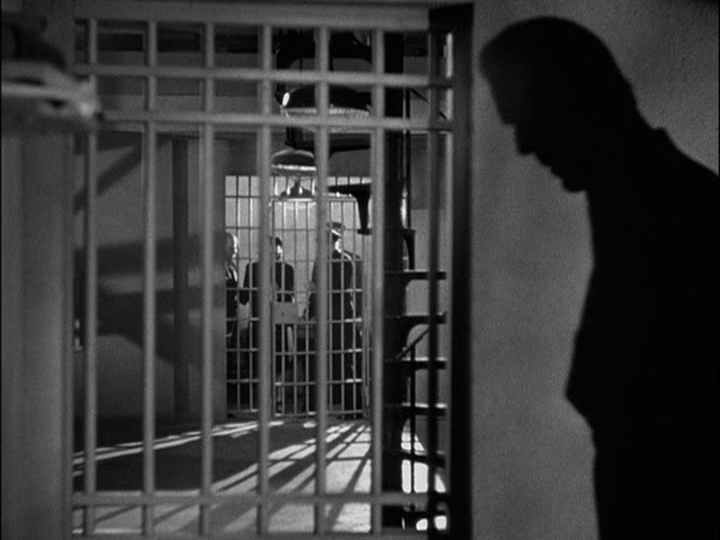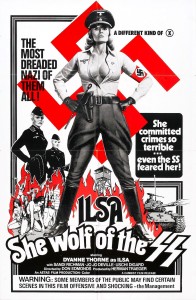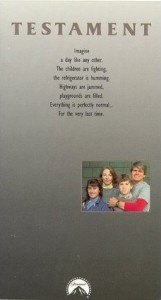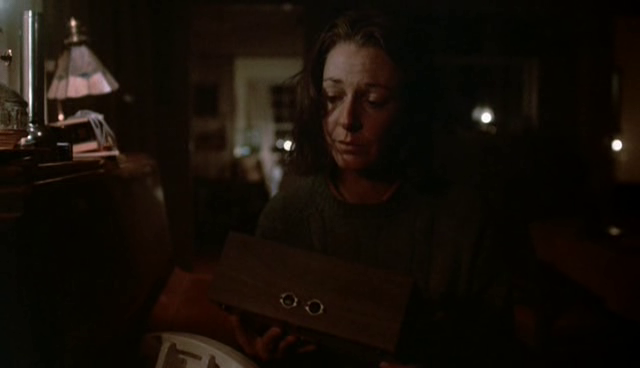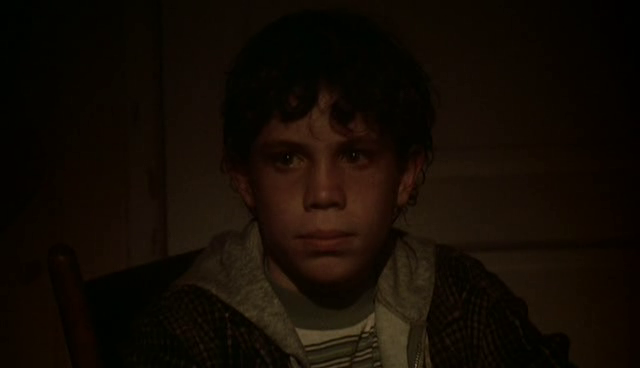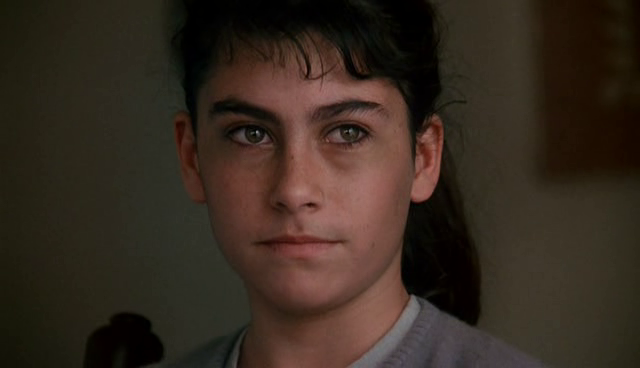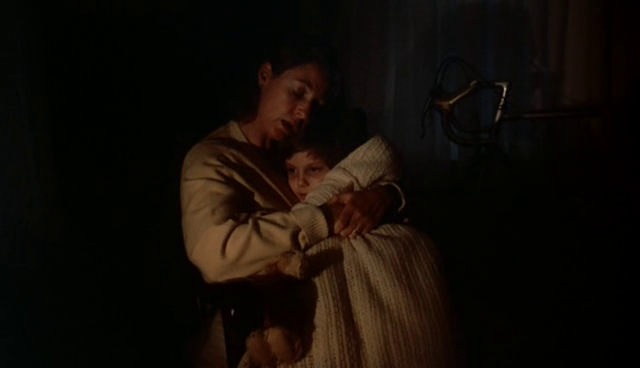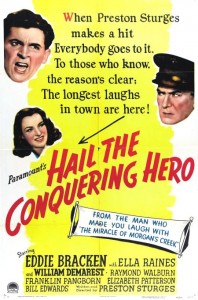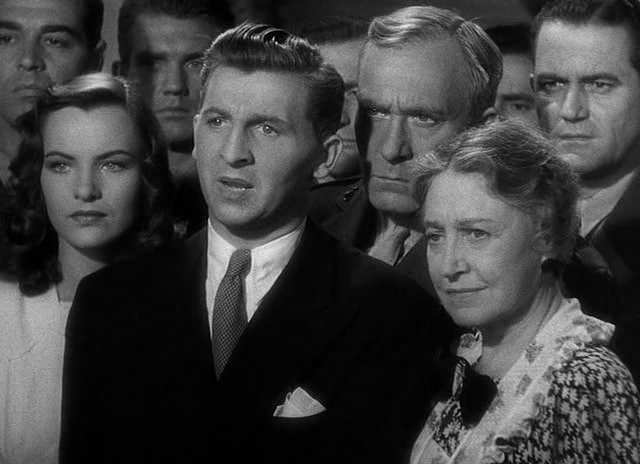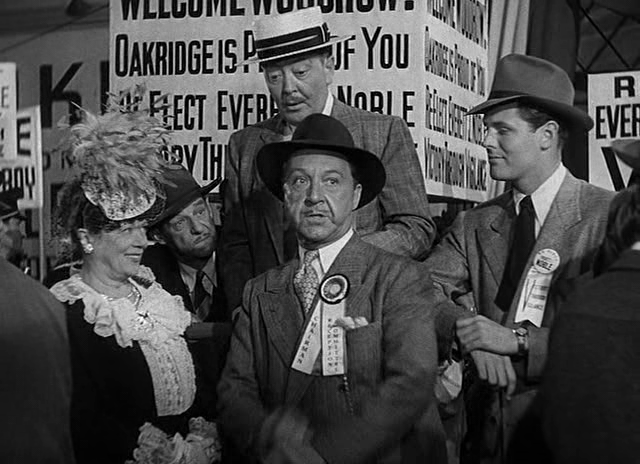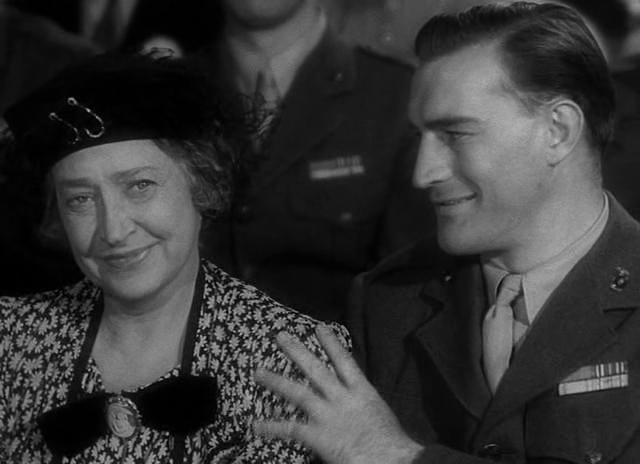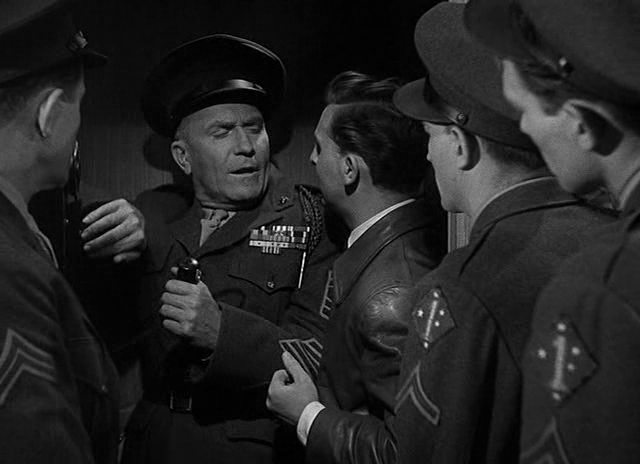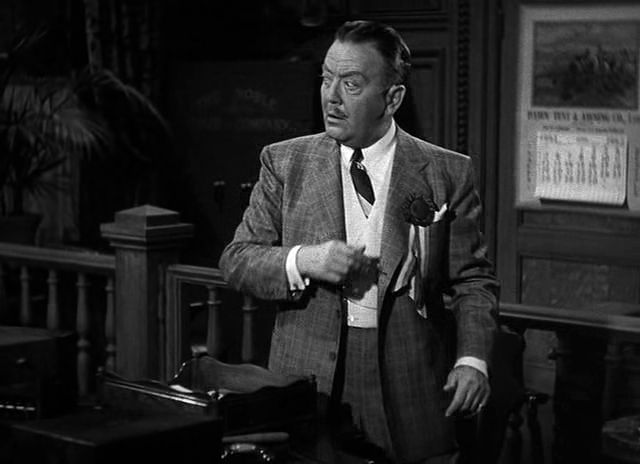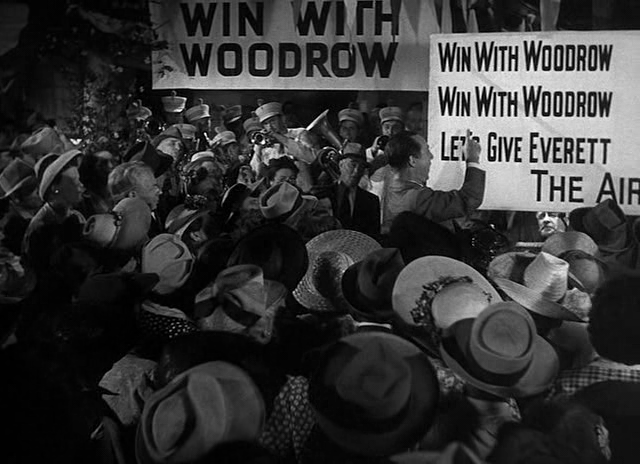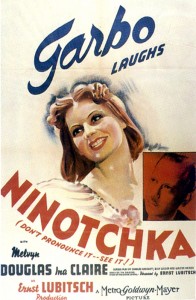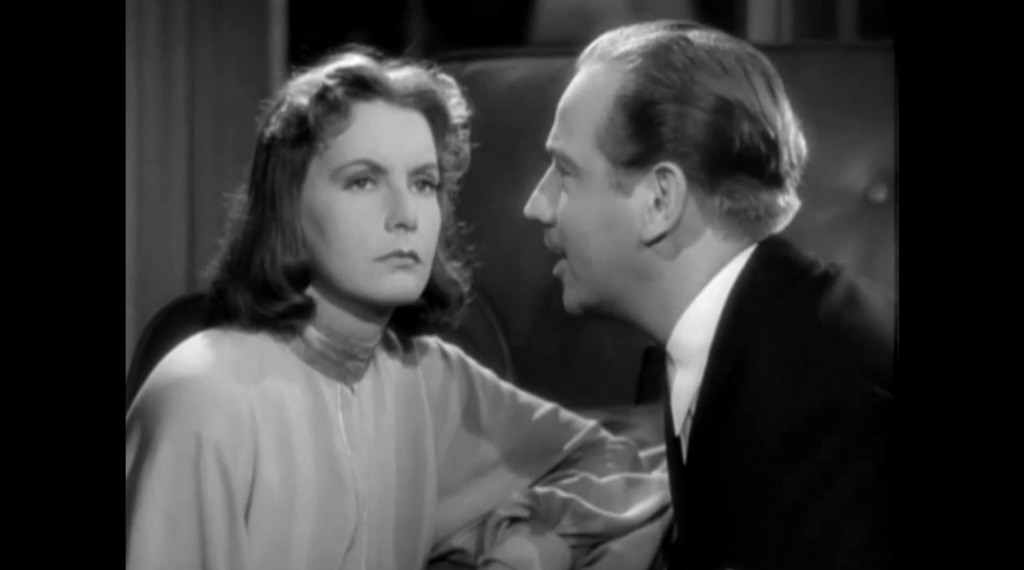Sound of Music, The (1965)
“When the Lord closes a door, somewhere He opens a window.”
|
Synopsis: |
|
Genres, Themes, Actors, and Directors:
Response to Peary’s Review: I’ll admit I find it somewhat difficult to assess the critical merits of TSOM, which was — along with The Wizard of Oz (1939) — one of two “must-see” movies I happily rewatched on television each year when it aired. Viewing it again recently as an adult, I noticed myself instantly humming “the familiar Rodgers and Hammerstein songs”, which are indeed “cheery and childish and catchy”, and are for the most part, as Peary points out, “skillfully blended into the plot”. I also paid much more attention to the nuanced performance given by Eleanor Parker as Andrews’ romantic rival: younger viewers may tend to reduce her presence to simply that of a stuffy villainess who must be vanquished in order to allow Plummer’s love for Andrews to fully blossom, but in truth she injects her role with an impressive level of nuance and pathos. Parker’s Baroness is a woman who — though wealthy and used to a life of privilege — instantly recognizes that her social cache and glamour hold no weight in the face of a “greater”, truer love. Watch her expression in each and every scene she’s in, noting how seamlessly Parker conveys this character’s complex emotional arc. Meanwhile, it was fun as an adult FF to finally recognize fey character actor Richard Haydn as her (subtly-coded-as-gay) companion. Of all the lead performances, Plummer’s remains least satisfying, though he’s certainly adequate in his portrayal of a once-stiff man who melts in the presence of Maria’s irresistible charms. I think Plummer’s notorious reluctance to take on the role — and his infamous disregard for the film years after its release — continues to sully my overall impression of his Captain von Trapp. However, Charmian Carr as his eldest daughter Liesl — who remains beloved worldwide by fans of the film — does a convincing job portraying a conflicted teen-in-love, and the rest of the child cast is fine as well. Meanwhile, the use of authentic Austrian/German locales — including the iconic opening shots on verdant hillsides — helps to open up the play enormously; aided by cinematographer Ted McCord, director Robert Wise turns the entire affair into a wonderfully picturesque adventure. Redeeming Qualities and Moments:
Must See? Categories
(Listed in 1001 Movies You Must See Before You Die) Links: |
